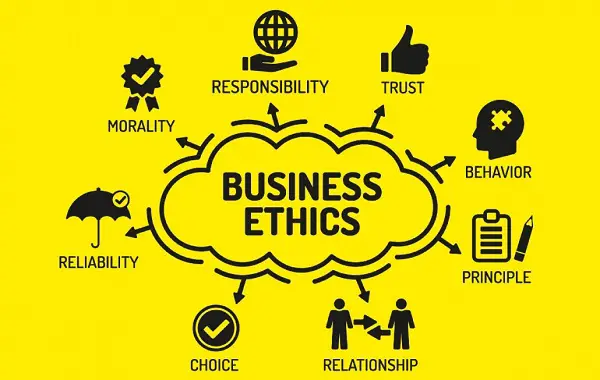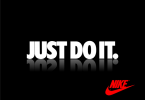| What do business and ethics have to do with each other? |
| Business is about making profits. |
| Ethics is about right and wrong. |
| How are they connected? |
| Well, business ethics is the study of right and wrong as applied to business actions. |
| Some businessmen would say that there is no need for business ethics. |
| If we don’t break the laws of the country, we have nothing to worry about. |
| However, we can do many bad things without breaking laws. |
| In some countries, it would be legal for a businessman to pollute the land, sea and air, |
| to confine his workers to barracks and to hire children to work in factories. |
| But, these things may not be right. |
| On the other hand, it may be illegal for a businessman to do some good things. |
| For example, his society may expect him to treat people unequally and discriminate against some ethnic or religious groups. |
| In order to know what is right or wrong, we need a moral rule. |
| This rule does not come from business itself, but from ethics. |
| So we need a statement of what we believe to be right. |
| The American Declaration of Independence in 1776 states an ethical principle: |
| “We hold these truths to be self-evident that all men are created equal”. |
| The Declaration further tells us that all men have a right to “life, liberty and the pursuit of happiness”. |
| Principles such as these can be used in American politics and law to decide whether an action is right or wrong. |
| Many companies have their own ethical guidelines. |
| IBM, for example, outlines its corporate ethics under headings such as, “Tips, Gifts and Entertainment”, |
| “Accurate Reporting”, “Fair Competition”, and “Not boasting”. |
| So each employee knows what to do or not to do in various situations. |
| Ethical choices are made on three levels. |
| Individuals, by companies and by societies, make them. |
| An individual might choose whether or not to accept a bribe. |
| A company might decide whether or not to bribe government officials. |
| A government or society might decide whether or not to outlaw bribery. |
| Similar principles of right and wrong might be used at all three levels. |
| For example, it might be decided that bribery is simply wrong in all situations. |
| On the other hand, it might be decided to view the situation case by case. |
| In other words, there is a strong ethical stand and a more tentative ethical stand. |
| The strong ethical stand applies when you have a basic moral principle and apply it to all situations. |
| For example, you might believe that it was always wrong to let workers handle hazardous substances without any protection. |
| The weaker stand would consider whether it is legal to do so. |
| If it is legal to let workers handle dangerous materials, |
| and this conforms to social expectations, |
| then the weak ethical stand would say, “No problem”. |
| As long as the law is not broken, and no one strenuously objects, then everything is okay. |
| However, in ethics there is a principle called the “moral minimum”. |
| This principle means that you should never harm another person knowingly. |
| The only exception would be to protect some other people, or yourself. |
| So business ethics would say that the businessman who exposes his workers to hazardous chemicals is wrong. |
| He is not practicing the moral minimum. |
More English listening lessons for intermediate level:
Lesson 78: Garage Sales and Yard Sales





